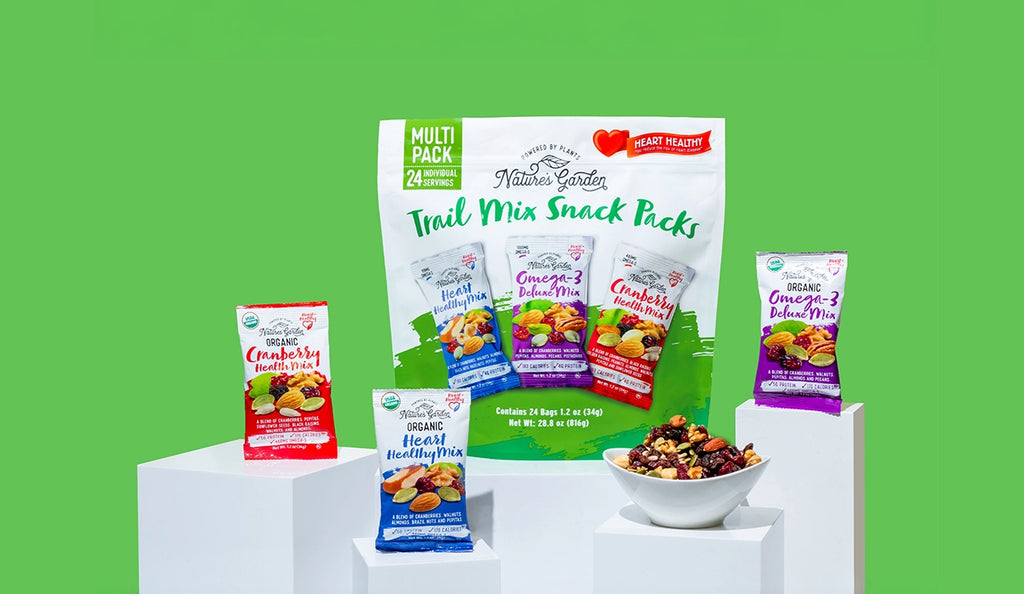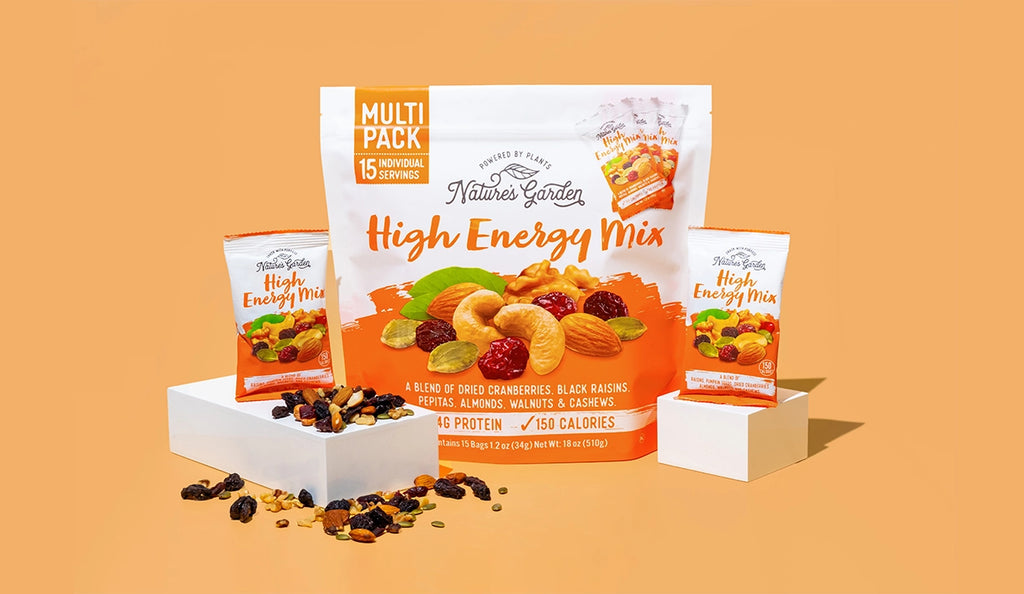The world of mixed nuts is a diverse and flavorful one. Any combination of almonds, Brazil nuts, walnuts, pecans, and more brings both taste and nutritional diversity to the table. Each nut offers a unique blend of healthy fats, proteins, vitamins, and minerals. A variety of medleys of these nuts offer a symphony of flavors and nutrients, making it a wonderful snack or addition to meals. Mixed nuts can be enjoyed on their own or can contribute to a variety of recipes. Some common recipes that mix nuts provide a delectable balance to are salads, granola bars, trail mixes, or even as toppings for yogurt and oatmeal. It is important to note that portion sizes are important as nuts are calorie – dense snacks. Incorporating them into balanced meals or enjoying them as snacks will provide an array of nutrients without going overboard on calories.
Mixed Nuts Nutrition
Mixed nuts are a delightful healthy alternative compared to the variety of snacks that are offered today. A few of the most common nuts that are positive additions to everyday diets are almonds, cashews, walnuts, pecans, Brazil nuts, hazelnuts, and peanuts. Below, each is listed along with their nutritional value:
- Almonds – high in vitamin E, fiber, healthy fats, biotin, Magnesium, Calcium, and Phosphorus.
- Cashews – rich in protein, monosaturated fats, Iron, Calcium, and fiber.
- Walnuts – plentiful in antioxidants, protein, omega-3 fatty acids, and contain beneficial bacteria for gut health.
- Pecans – a great source of antioxidants, fiber, healthy fats, and vitamin E. Health research professionals believe that, “Adding just a handful of pecans to your diet each day may help inhibit unwanted oxidation of blood lipids, this helping prevent coronary heart disease.”
- Brazil nuts – contains Copper, Thiamin, Magnesium, and high levels of Selenium. This is closely associated with healthy thyroid function.
- Hazelnuts – excellent source of fiber, protein, healthy fats, vitamin E, copper, manganese, vitamin B6, magnesium, and thiamin.
- Peanuts – rich in protein and fibers.
An assortment of these nuts offers a rich blend of flavors and textures. Not only are they popular options because of the simplicity of them, but also their nutritional value and versatility. One of the most functional and accessible trail mixes on the market that incorporates mixed nuts is Nature’s Garden Heart Healthy Mix.
Benefits of Mixed Nuts
Mixed nuts offer a plethora of benefits. Their diverse range of nutrients and understanding what those nutrients actively effect contribute to understanding why it’s encouraged to incorporate mixed nuts into your diet. Some of the positive health points that mixed nuts contribute to are:
- Heart health: Many nuts contain unsaturated fats, omega-3 fatty acids, and antioxidants that can help reduce bad cholesterol levels, and lower the risk of heart disease, while also improving heart health.
- Nutrient Density: Nuts are packed with essential nutrients like vitamins (E, B, etc.), minerals (Magnesium, Zinc, Copper), and antioxidants, which contribute in offering a well – rounded dose of nutrition in a seemingly small package.
- Weight Management: Despite being calorie – dense, studies suggest that nuts, when portioned correctly, can aid in weight management. They are satisfying which helps control appetite due to their makeup of protein, fiber, and healthy fats.
- Brain Health: Omega-3 fatty acids found in nuts are beneficial for brain health, supporting cognitive function and potentially reducing the risk of neurodegenerative diseases.
- Blood Sugar Regulation: Nuts have a low glycemic index and are rich in fiber, which can help regulate blood sugar levels, making them a good choice for individuals with diabetes.
- Anti – Inflammatory Properties: Some nuts, particularly almonds and walnuts, contain compounds with anti – inflammatory properties, potentially reducing the risk of chronic diseases linked to inflammation.
- Improved Nutrient Absorption: The combination of various nuts allows for a wider range of nutrients to be consumed simultaneously, potentially enhancing the absorption of these nutrients when eaten together.
Best Time to Eat Mixed Nuts
It’s important to always remember portion control for us and our families. Incorporating a variety of mixed nuts into our diets is critical in trying to maximize their health advantages. When choosing a snack like mixed nuts, it’s advisable to opt for unsalted or lightly salted varieties to moderate sodium intake. The best times to have a snack like mixed nuts is:
- mid-morning or afternoon to bridge the gap between meals.
- before a workout since they are a good energy source.
- as a late evening snack because they help curb late-night cravings.
- as a snack ‘on the go’ because of their convenience.


Any allergies that you or any of your family members have are always something to be conscious of when choosing how we choose the foods we eat. There is no better feeling than being confident in feeding your family healthy, nutrient rich foods; at Nature’s Garden we hope to lend you tips and tricks to do just that!
Nutritional Breakdown of Nature's Garden Heart Healthy Mix

















